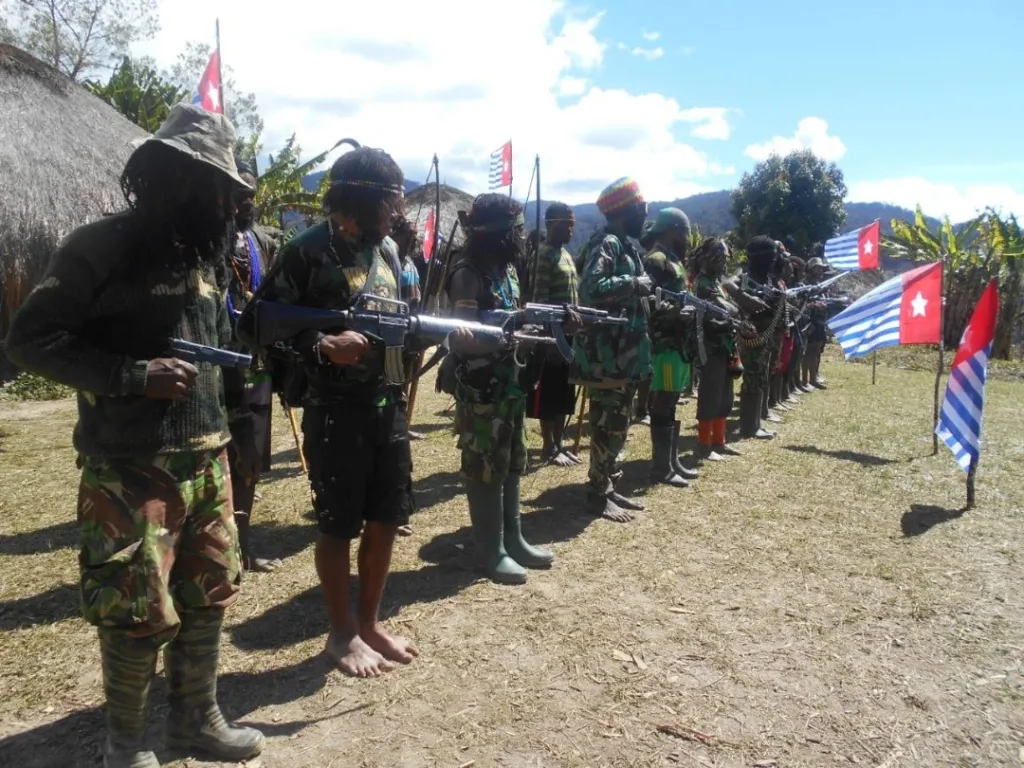
STRATEGIC ASSESSMENT. Former Secretary of Defense Mark T. Esper was unceremoniously fired by President Trump on Twitter on November 9th. Esper was strongly rumored to have opposed the troop withdrawal after consulting with leading military officials. His strong stance allegedly drew the ire of President Trump, who has embarked on a purge of Pentagon officials since losing the 2020 Presidential election.
With this internal opposition sidelined, the drawdown was announced as negotiations are stalled between the Afghan Taliban and the Afghan government. Most expect the result to be a power-sharing arrangement that brings Taliban members directly into the government. Secretary of State Mike Pompeo was recently in Doha, Qatar to discuss the impasse in an attempt to break the current deadlock in political negotiations.
The significant concern remains that few believe the Taliban will formally break ties with al-Qaeda. According to a United Nations report, the Taliban and al-Qaeda continue to cooperate closely, and most observers expect the relationship to receive a boost from a U.S. troop withdrawal. Afghanistan is one of several countries where al-Qaeda could be poised to make a major comeback, even as the group deals with recent losses to its senior leadership. In addition to hundreds of al-Qaeda fighters still operating in Afghanistan, the Islamic State Khorasan Province (ISKP) also maintains a notable presence in the country.
ISKP has launched several spectacular attacks inside Afghanistan over the past year, including an attack targeting a maternity ward in Kabul in mid-May, as well as the bombing of Kabul University in early November. Just yesterday, ISKP was behind a series of roadside bomb attacks against Afghan Shia in Bamiyan, as sectarianism has framed much of the group’s agenda in the country.
Even as the intra-Afghan negotiations continue, so too does fighting throughout the country. According to the Wall Street Journal, the Taliban has launched more than 13,000 attacks throughout Afghanistan since February of this year. Taliban fighters continue to launch attacks in Kandahar, where Afghan security forces struggled to beat back an offensive earlier this week. There have also been attempts to seize territory in Helmand, where Taliban fighters have gained control of highways and gone on the offensive by launching hit-and-run attacks, targeted assassinations, and deadly ambushes.
U.S. troops train and advise Afghan forces, and U.S. airpower remains a critical force multiplier for the Afghan forces, which are often overmatched, demoralized, and plagued by desertions. The issue of how to approach Afghanistan will be high on the list of priorities for the incoming Biden administration; this priority will fall alongside a range of other foreign policy challenges, including how to approach great power competition with near-peer adversaries such as China and Russia. Regional powers including Pakistan, Iran, China, and Russia will also seek to fill the void left by a U.S. drawdown, each more aggressively pursuing their respective interests in Afghanistan.
The Taliban already seeks to portray the announcement of the U.S. troop drawdown as part of its narrative claiming victory over the United States. Even though the United States has been in Afghanistan since late 2001, the recent troop drawdown announcement seems hasty, and not a reflection of battlefield realities. Retired Marine Gen. John Allen described the drawdown announcement as ‘politically motivated,’ an assessment shared by many in the U.S. national security community.
Allen went on to say that the decision demonstrated no tactical, operational, or strategic benefits for the United States and its allies. There are growing concerns that a precipitous withdrawal from Afghanistan could evoke images of Saigon, where the images of U.S. military helicopters departing Vietnam became forever imprinted into the American psyche and was used as propaganda by the Vietcong. Others have pointed to the U.S. drawdown from Iraq in 2011 and the subsequent chain of events that led to the rise of the Islamic State, leaving serious concerns for the domino effects of this decision in Afghanistan as the Presidential transition proceeds (TSC).





